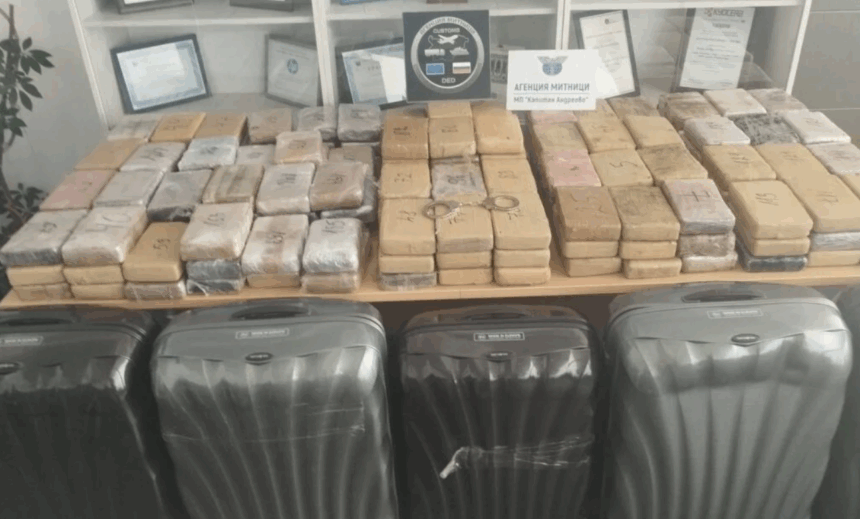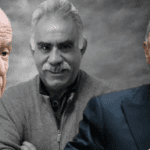Bulgarian authorities have made a record-breaking cocaine seizure at the Kapitan Andreevo border checkpoint, uncovering 206 kilograms of the narcotic hidden in a luxury SUV bearing diplomatic plates and en route from Belgium to Turkey. The dramatic bust—dubbed “Operation Orient Express”—has ignited concerns about the abuse of diplomatic privilege in international narcotics trafficking.
The seizure, valued at 37 million leva (approximately $22 million), marks the largest-ever cocaine haul discovered at Bulgaria’s land borders. Officials said the drugs were stashed in four suitcases and a hidden compartment behind the passenger seat of a Land Rover, which had aroused suspicion during routine risk analysis. A sniffer dog triggered further inspection, prompting customs agents to deploy an X-ray scan that revealed 179 tightly packed bricks of cocaine.
The vehicle was driven by a 43-year-old Bulgarian citizen, identified by the initials D.H. He was accompanied by two passengers: a 40-year-old Congolese man, Zh.M., who holds a diplomatic passport, and a 54-year-old Belgian woman, D.A. All three individuals were immediately detained for 72 hours by order of the Haskovo Regional Prosecutor’s Office. They are under investigation for attempting to smuggle high-risk narcotics across the Turkish border without the necessary legal authorizations.
At a joint press conference following the operation, Bulgarian Finance Minister Temenuzhka Petkova praised the seizure as a “landmark success,” stressing that it demonstrated the capacity of Bulgarian institutions to safeguard EU borders when coordination among agencies is effective. Interior Minister Daniel Mitov emphasized that the operation was conducted exclusively by Bulgarian authorities, without foreign intervention.
More than 100 law enforcement and customs officers were involved in tracking the vehicle, which had entered Bulgaria from Serbia. According to Georgi Dimov, head of Bulgaria’s Customs Agency, surveillance had been in place for several days, indicating a high level of operational planning and inter-agency cooperation.
The involvement of a diplomatic passport holder and a vehicle with diplomatic license plates has stirred both domestic and international concern. While Bulgarian officials assured that the case is being handled in full accordance with international law, they acknowledged that communication with the relevant foreign ministries—including the Democratic Republic of Congo and Belgium—may be necessary as the investigation unfolds.
In a related development, Belgian customs authorities recently seized what local media described as “hundreds of kilos of cocaine” aboard the MT Scot Bremen, a Malta-flagged chemical tanker operated by the Istanbul-based Scot Tankers. The seizure took place in the port of Zeebrugge and adds to growing international concern over Turkish-linked shipping operations being used as conduits for drug trafficking. Over the past three years, eight Turkish-owned vessels have been caught with illicit cargo, totaling more than 28 tons of drugs—an amount valued at more than $10 billion on the street.
Together, the Kapitan Andreevo SUV bust and the Scot Bremen seizure point to an expanding narcotics network stretching from Latin America through Western Europe and the Balkans into Turkey—a country that has increasingly become a strategic gateway for drugs flowing toward the Middle East and Central Asia.
Experts say the use of diplomatic credentials, commercial shipping, and multiple borders demonstrates a sophisticated level of coordination likely involving state-embedded networks or at least high-level collusion. Anti-narcotics officials in Bulgaria and Belgium have pledged deeper collaboration in tracing the origins of the seized cocaine and dismantling the logistical chain behind it.



